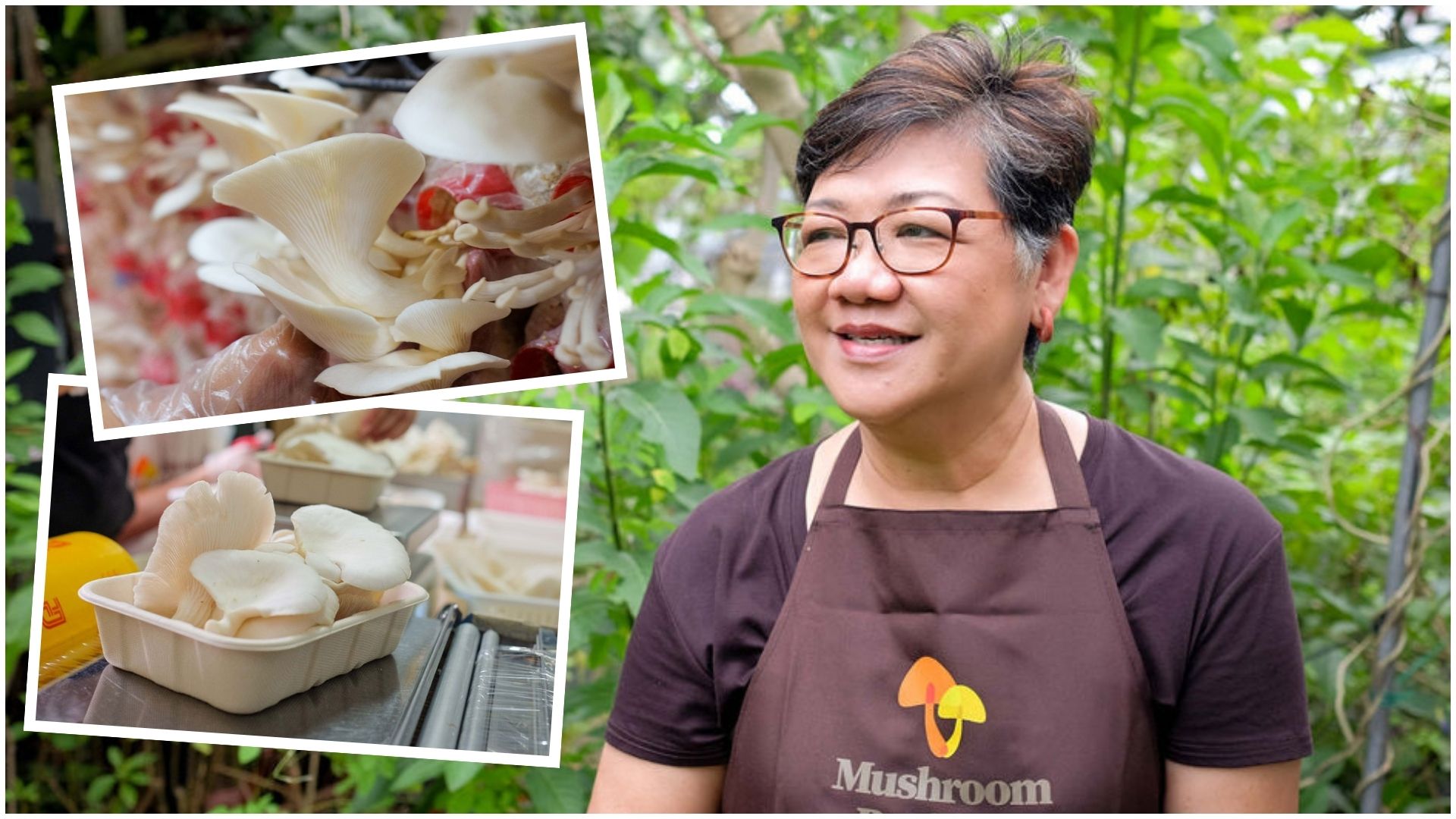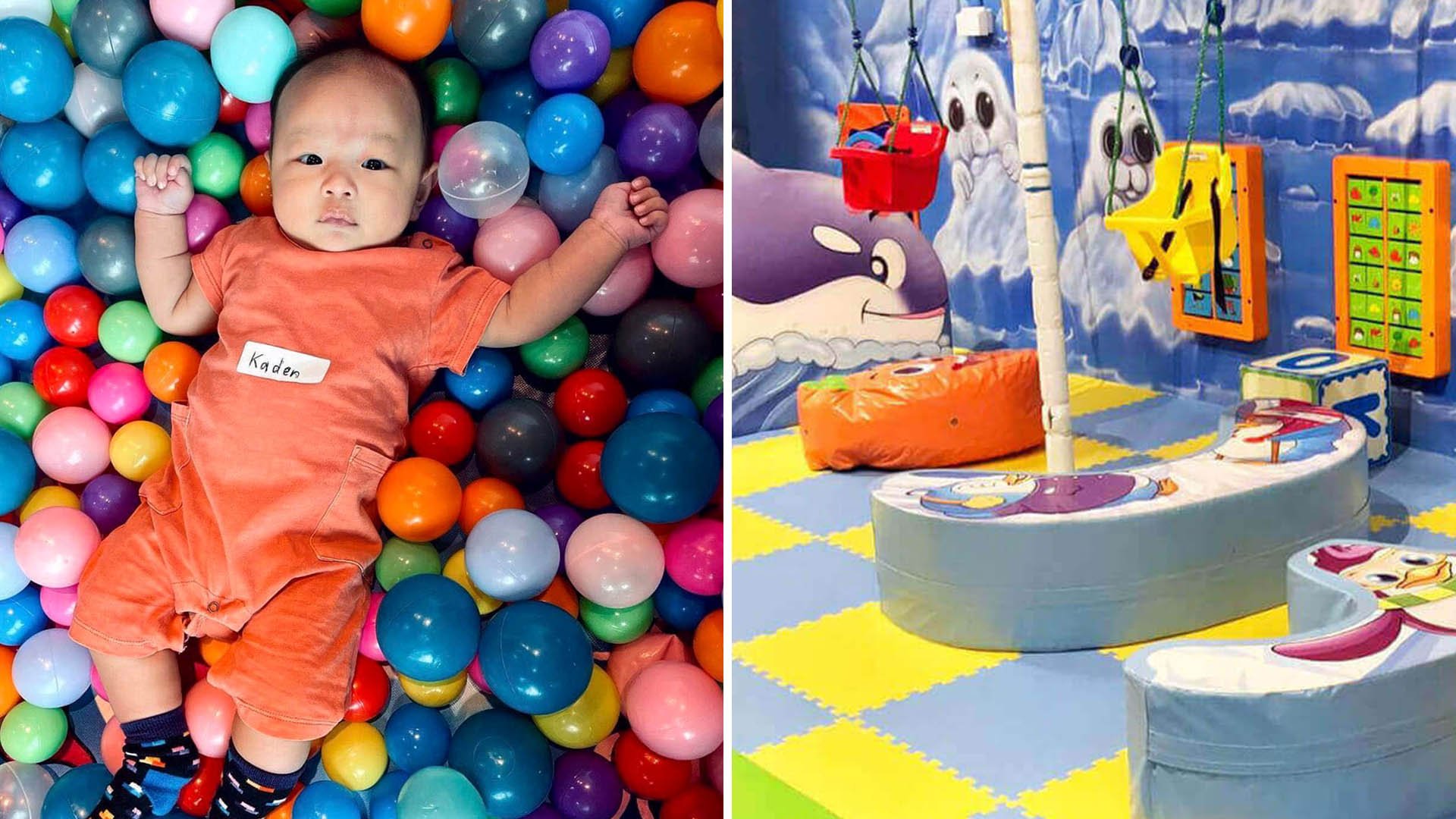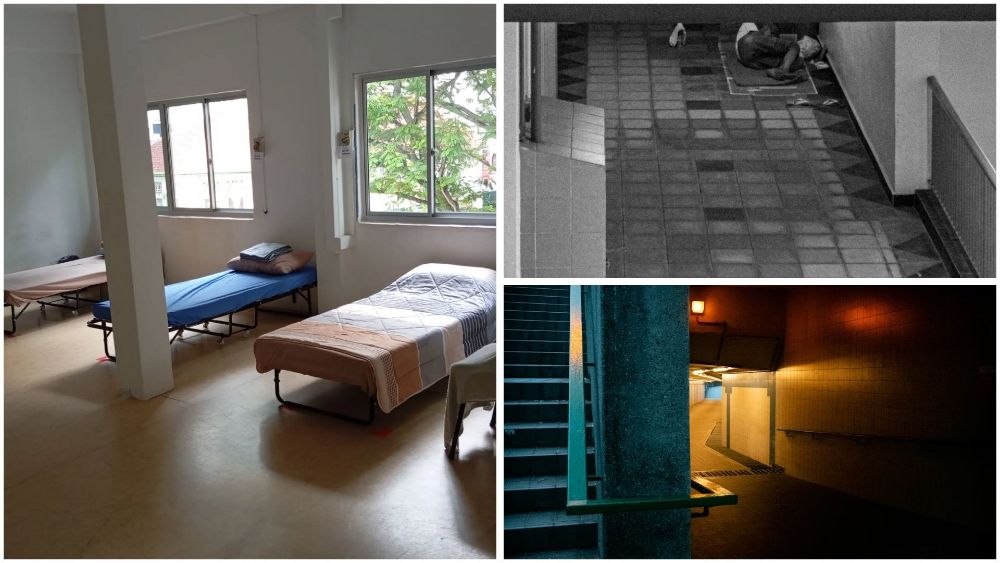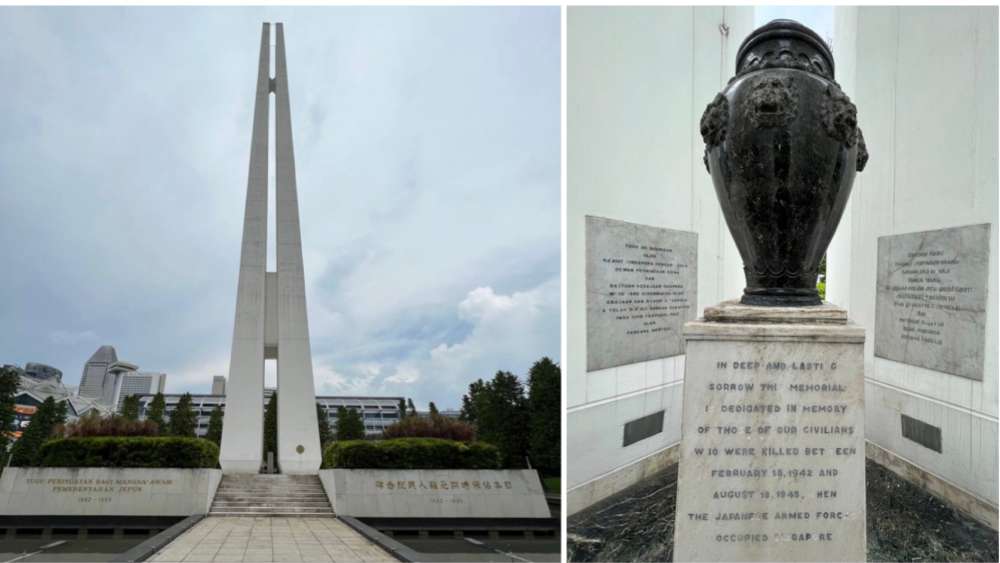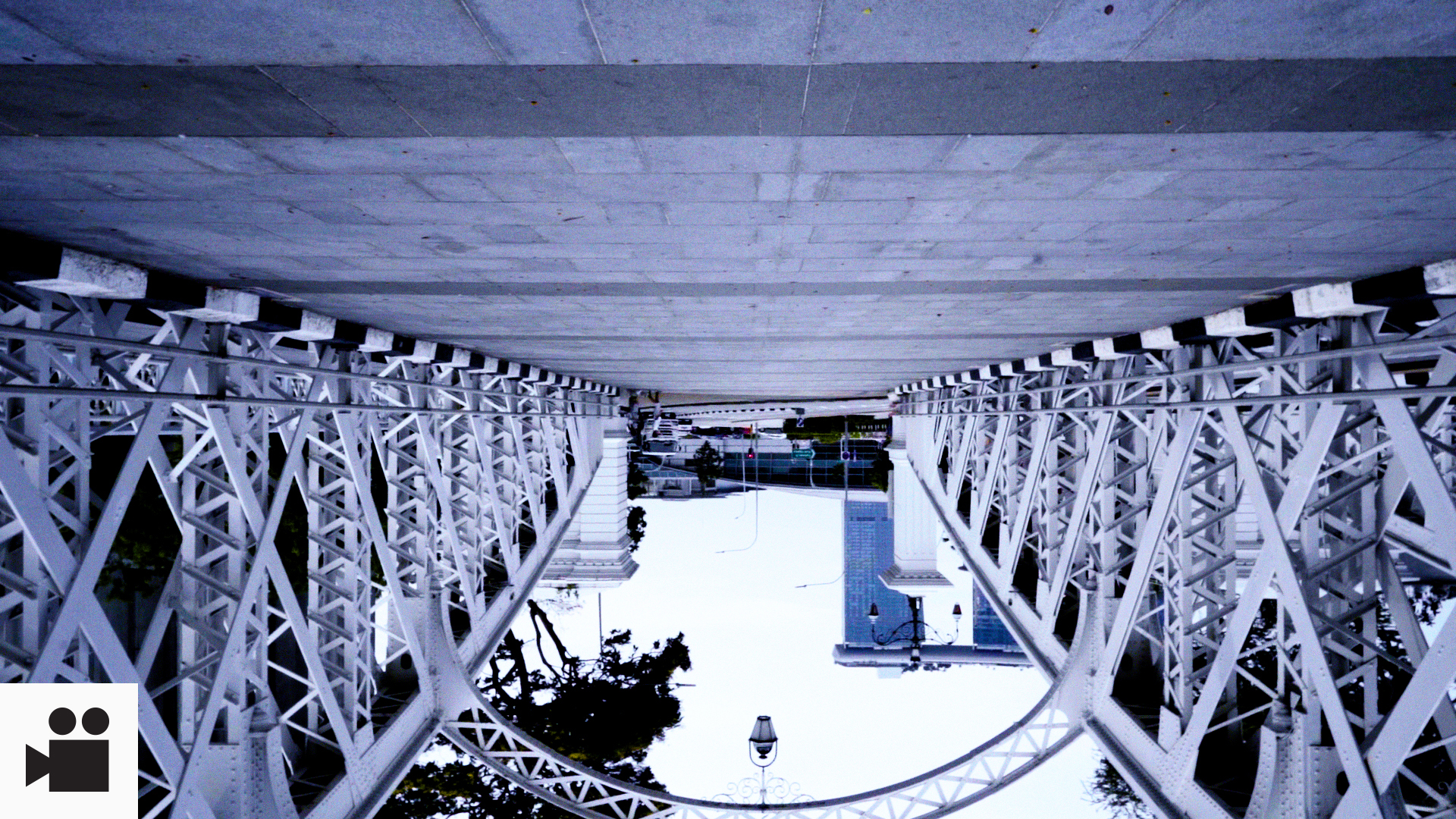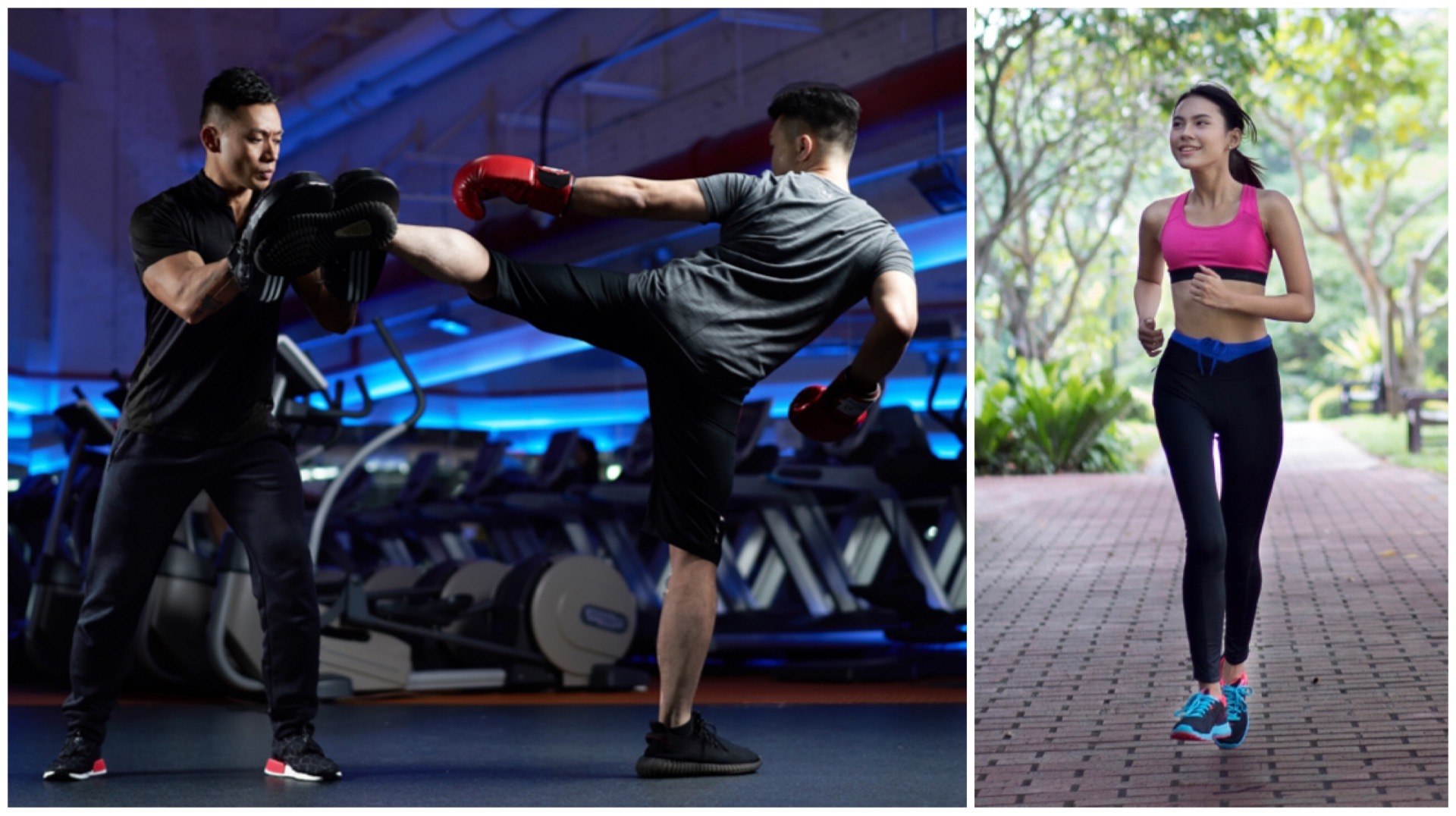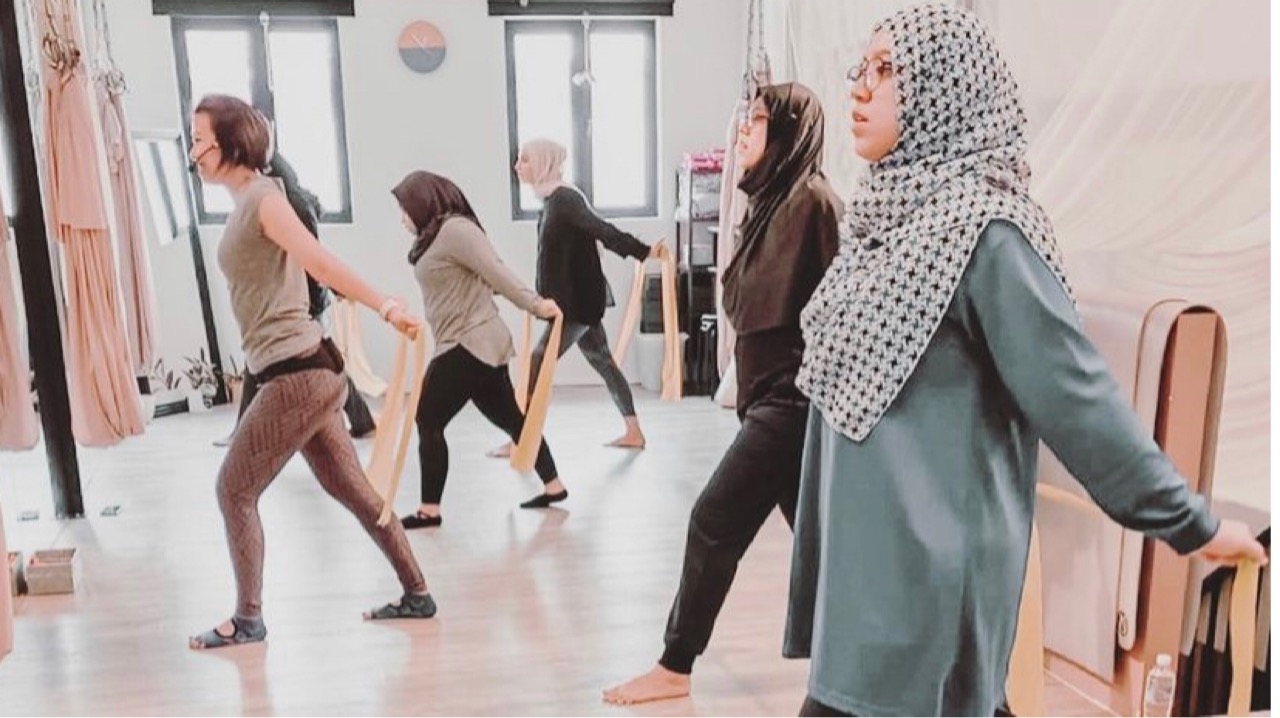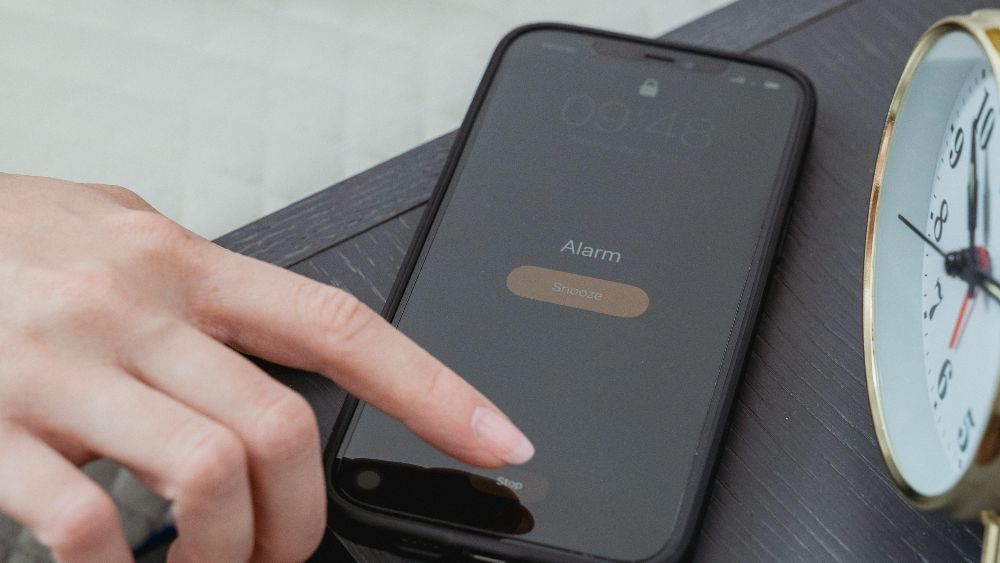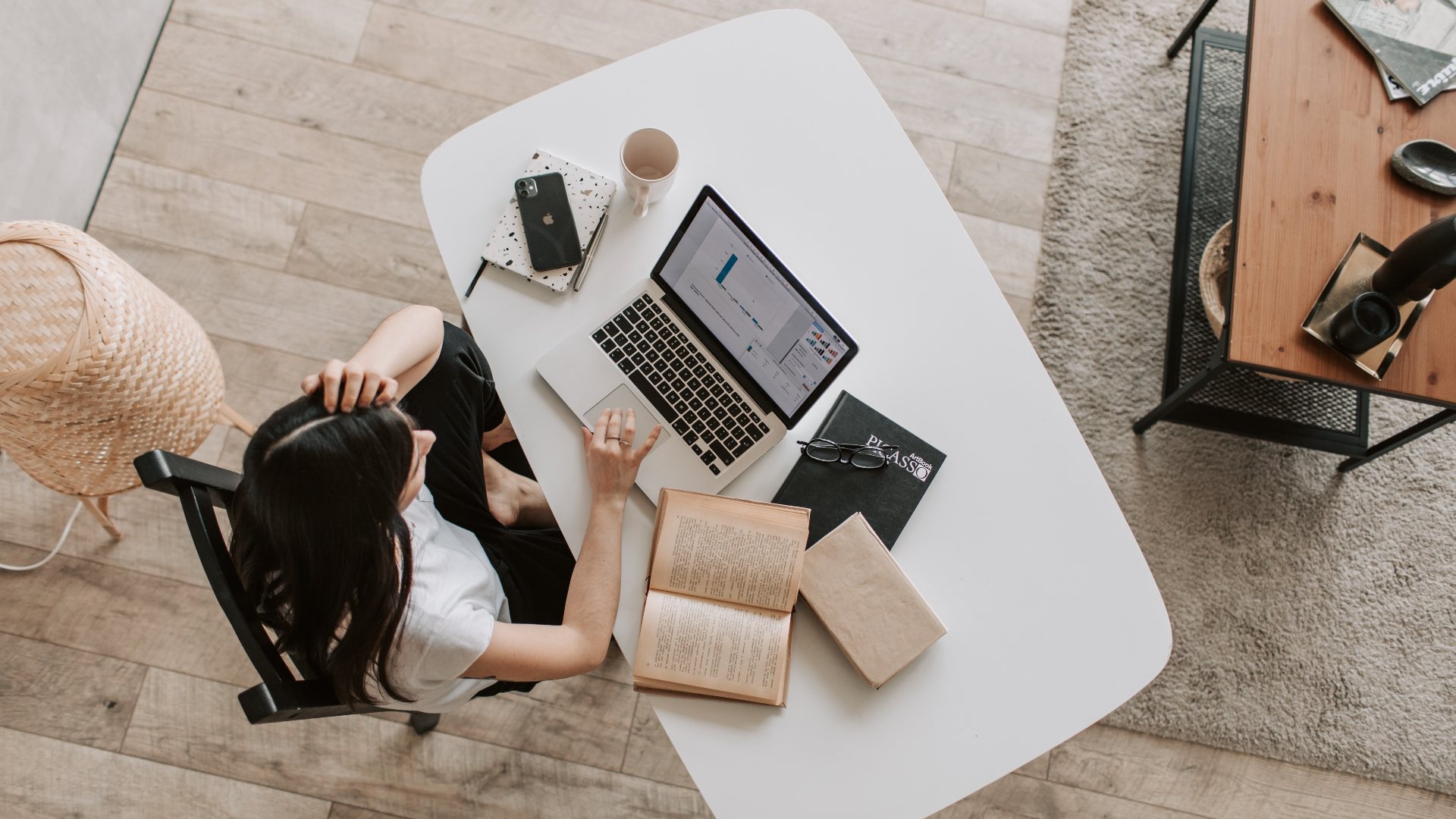5 Ways To Reduce Anxiety Right Now
First, watch the video we created.
Does it give you that all too familiar feeling?
Your heart feels as though it has turned to lead. Your palms start getting clammy, and you break out in cold sweat. You’re breathing deeper now but it’s as though you’re not getting enough air. Your tongue turns to cotton, and your stomach seems to want to stick to your feet.
You are having an anxiety attack. People around you stare. Some ask if you are okay, others just walk past you, not knowing what you are experiencing right now. “Cheer up”, “calm down”, “just take a deep breath”. Well intentioned words of advice but nothing is as effective as just hunkering down and waiting for this episode to pass.
Anxiety is fairly common. About 18% of the world’s population has an anxiety disorder yet it is often misunderstood. In 2016, it was reported that 1.6% of all Singaporeans suffer from generalised anxiety disorder (an increase from 0.9% in 2010), and 14% of Singaporeans have experienced a mood, anxiety or alcohol-use disorder in their lifetime.
The bugbear of anxiety disorders such as generalised anxiety disorder and social anxiety is that there is no effective treatment. And the best way of getting through it is simply to wait it out. Anxiety attacks will fade once the perceived threat has passed.
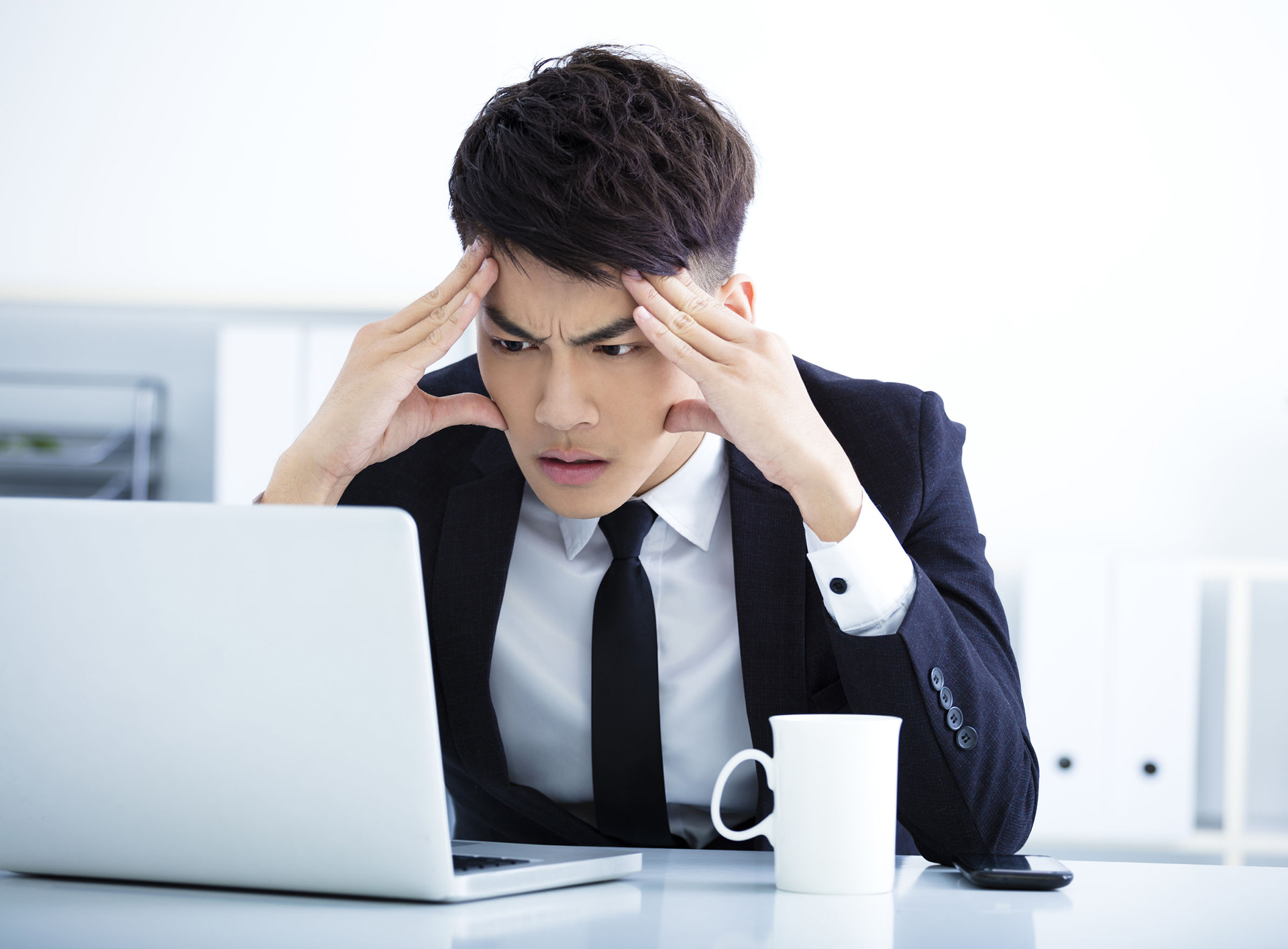
That said, here are some expert-backed methods you can try to keep it all in check.
1. Avoid caffeine
Let’s start with a piece of advice which I should but do not follow so well. Coffee is one of my few vices and I can drink an espresso and still get a good night’s sleep. But caffeine is a well-known anxiety inducer. So switch to decaf, avoid caffeinated soft-drinks and try some caffeine-free herbal tea. I myself am partial to organic chamomile lavender tea.
2. Meditation and mindfulness
New-Agey trend? Perhaps. But I can tell you it is not all clouds and unicorns. Meditation is what evolved my latent unease into full-blown social anxiety. I was caught off-guard and was not ready to deal with the deluge of emotional upwelling of all that I discovered after nearly a year of intensive meditation and had to work really hard at it to fix it all.
There are many apps on your apple or android device that can ease any newcomer into the world of meditation and coupling it with a daily journal or bullet diary to get used to being mindful will help in spades.
Mindfulness is seeing, not changing. Exactly how we see is the change. It will help you to take a step back from yourself and a stressful situation, and say “Should I be feeling this way?” and “why am I feeling this anxiety?” It might not be the be-all and end-all of curbing anxiety, but it is a step in the right direction.
3. Write it out
This goes hand in hand with practicing mindfulness. One of the worst aspects of anxiety is not knowing why one is feeling anxious in the first place. I myself could be enjoying a cup of hot coffee (again, bad!) and still feel worried for absolutely no reason.
That’s when writing can help. It can be an effective way to explore one’s emotions, especially in times when talking about it feels impossible. I used to get anxiety attacks when I was at work and had no work assigned. That feeling of impending doom was overwhelming. Writing it out helped me realise that the feeling was unfounded and that I should take the time to appreciate the relative peace in that moment.
4. Having “Me Time”
Go to a spa, the Sembawang hot-springs, take a walk at the botanical gardens or even just go get a haircut. Being calm is an inside job. Doing these activities can give you the shield of solitude and a boost of positive energy.
5. Follow the 3-3-3 rule
When you get that feeling of dread and tightness in the chest, just remember this rule. Scan your environment and name three things you see. Then, name three sounds you hear. Finally, move three parts of your body — your toes, fingers, arms, whatever. Whenever your brain has decided to go into hyperspace, this mind hack can help you re-centre yourself. Bonus points if you add in three slow and deep breaths.
With this advice, I hope you can join me and be well on your way to building a better you in 2020. Remember, we are always improving and setbacks just makes our steps forwards more meaningful.
This article is by no means a stand-in for professional medical and psychological advise. Please make an appointment to see your health professional for such purposes.
For the latest updates on Wonderwall.sg, be sure to follow us on Facebook and Instagram. If you have a story idea for us, email us at [email protected]
